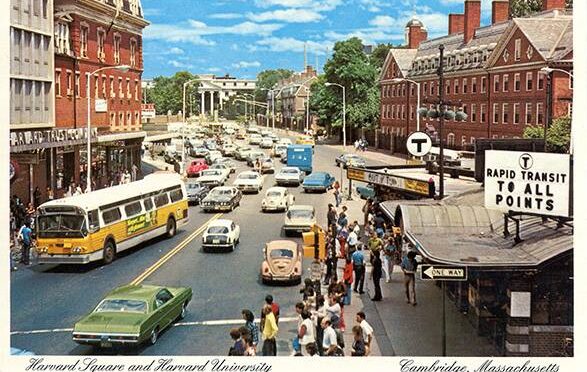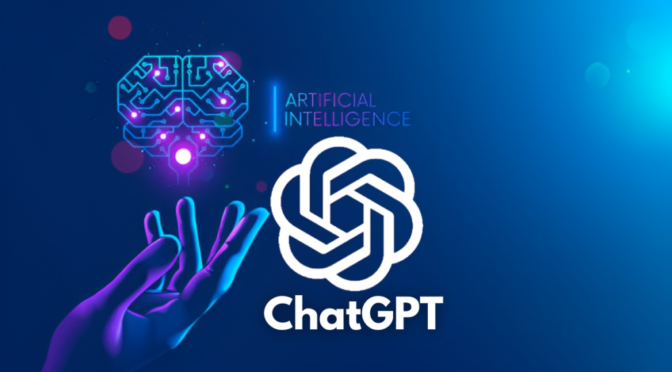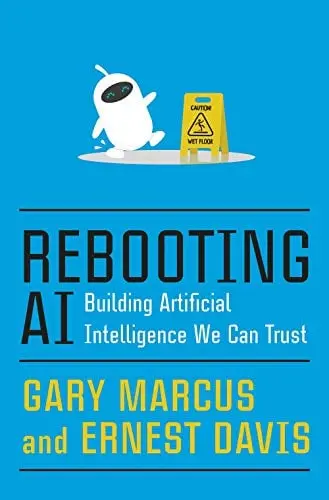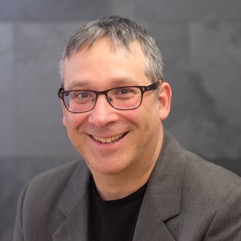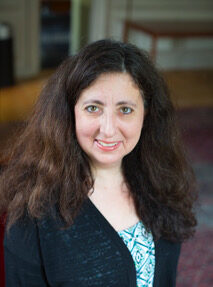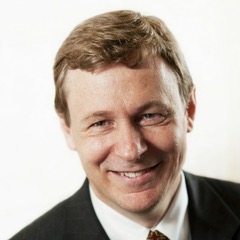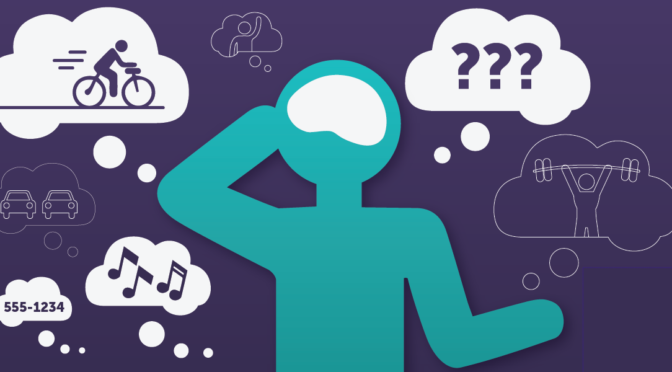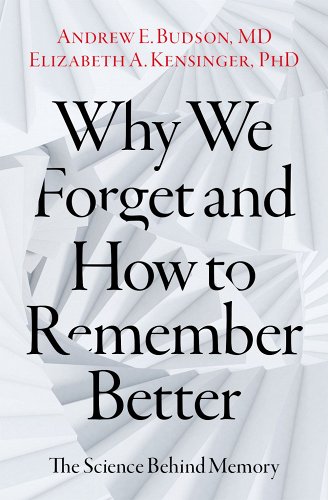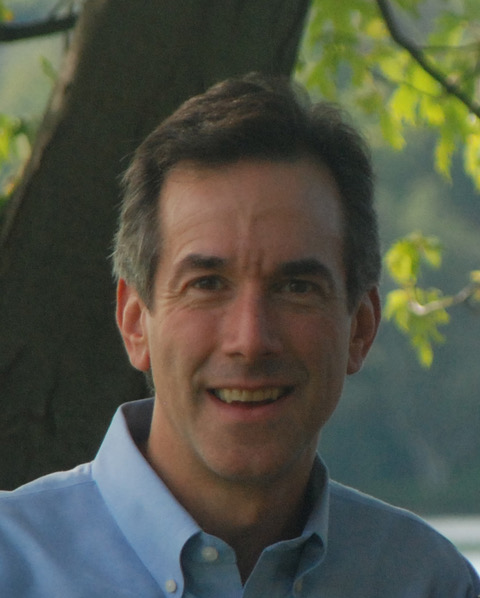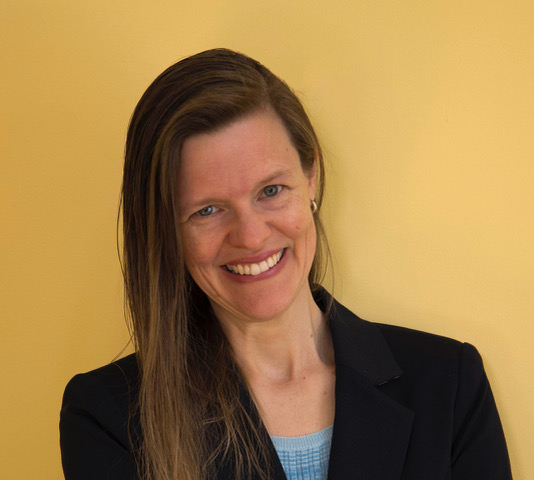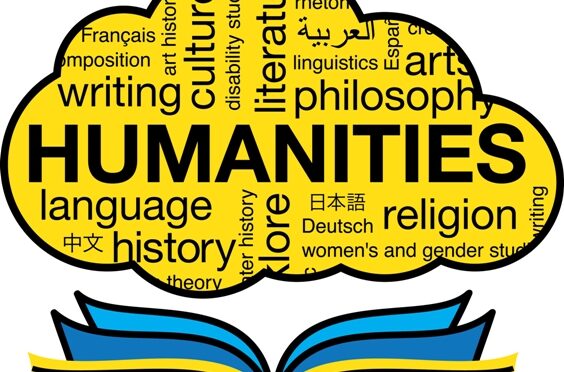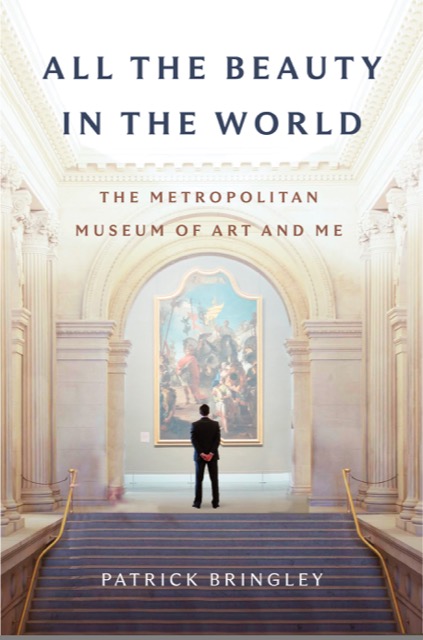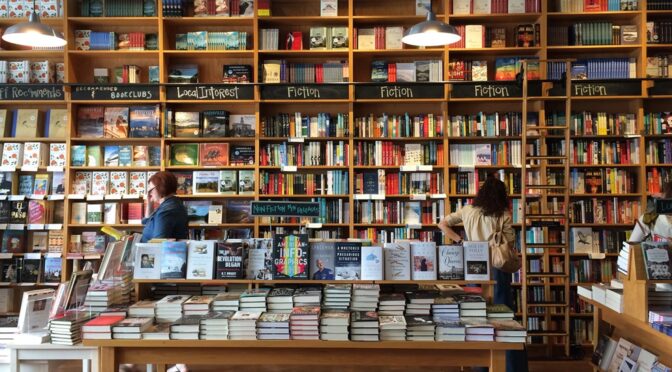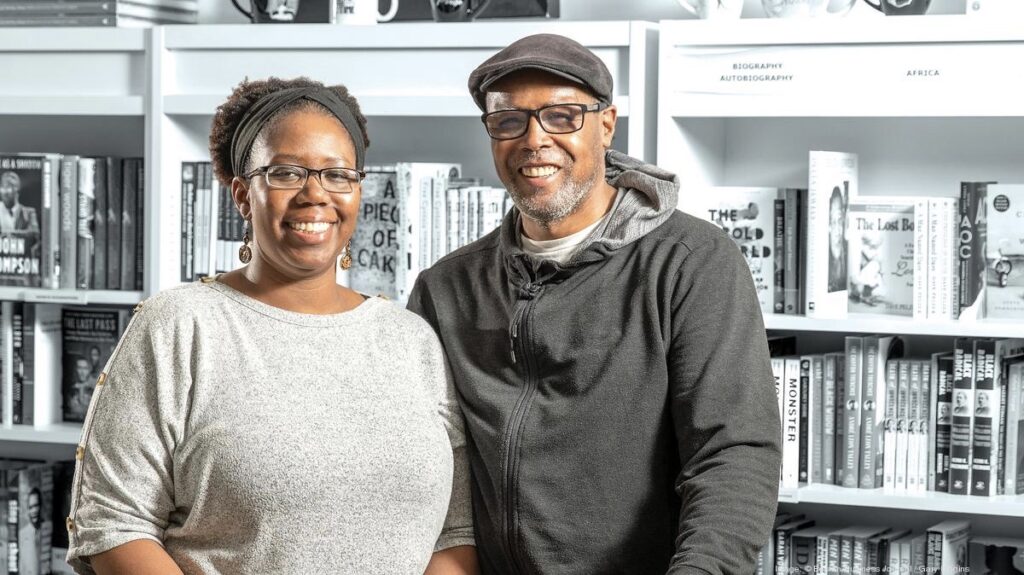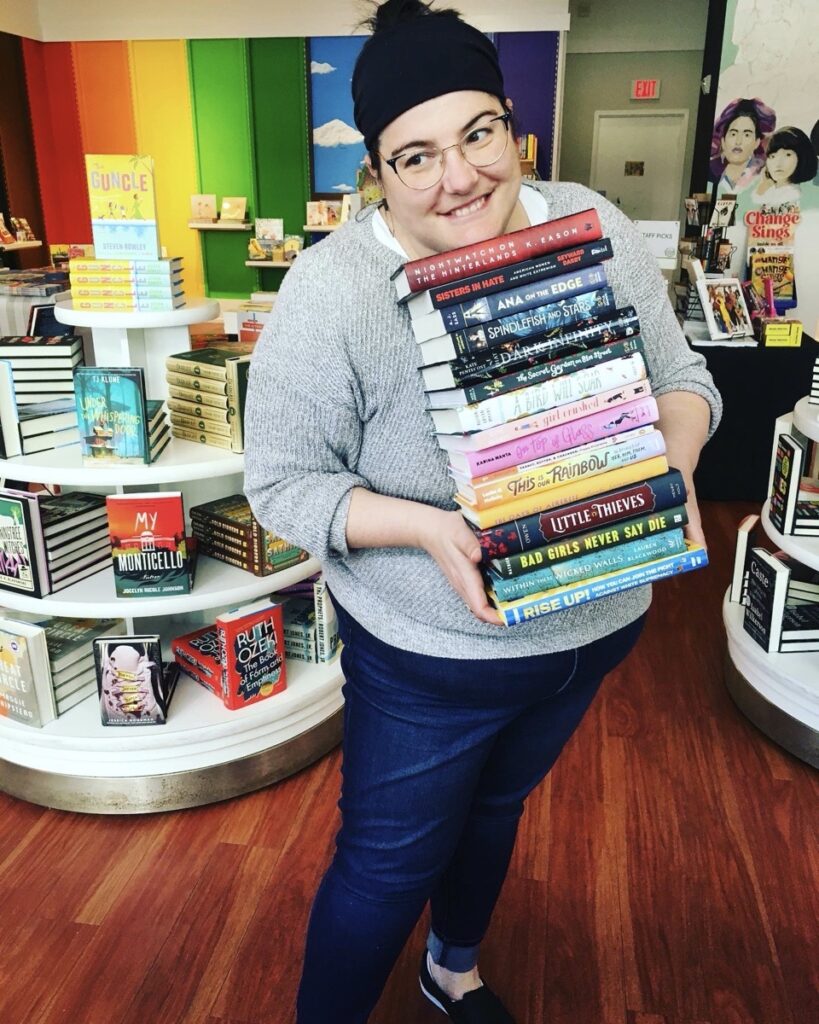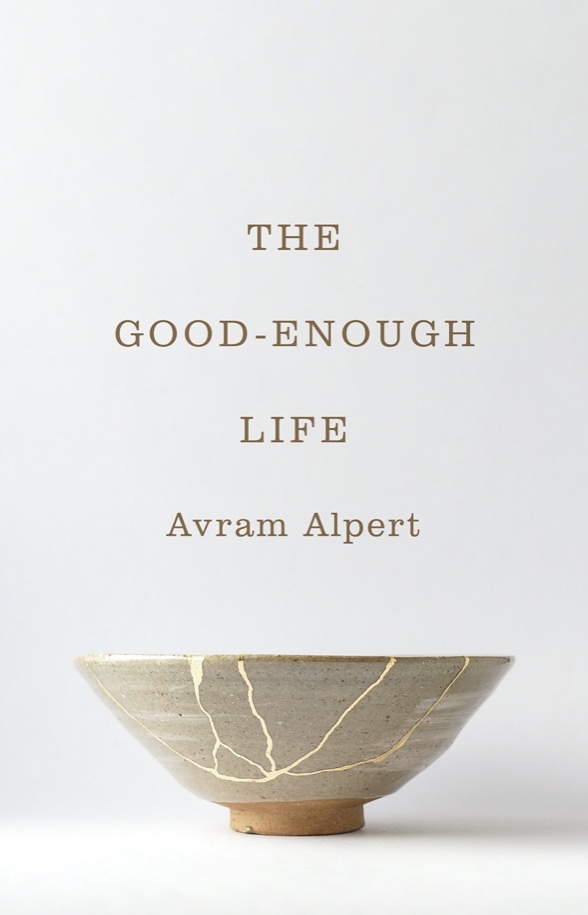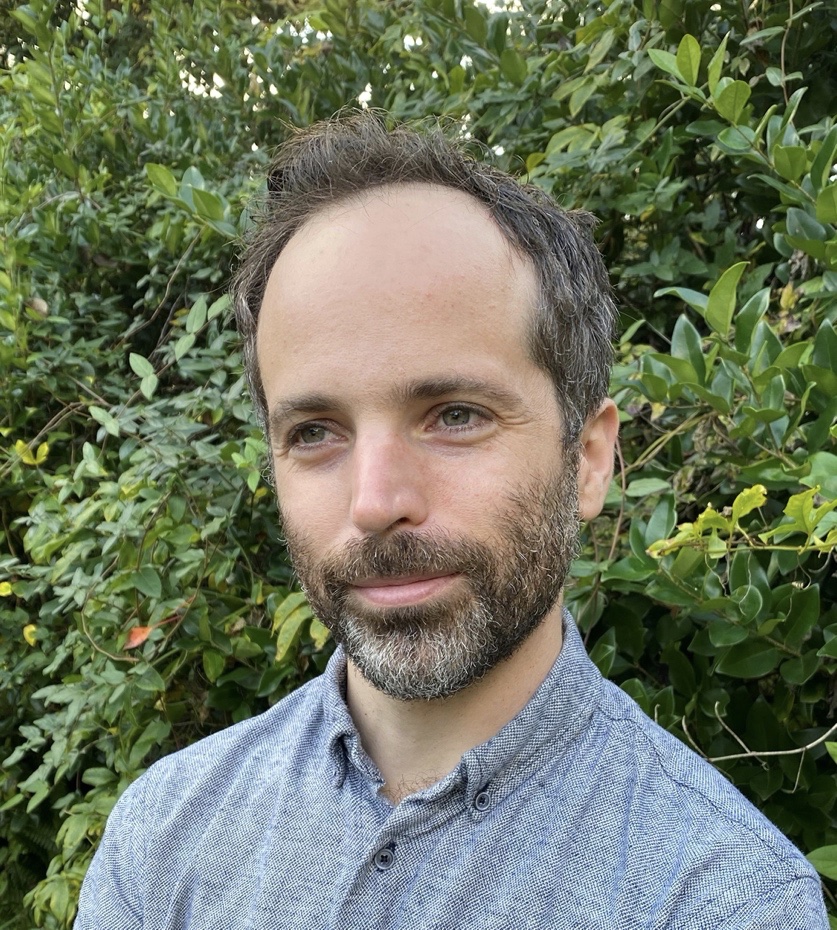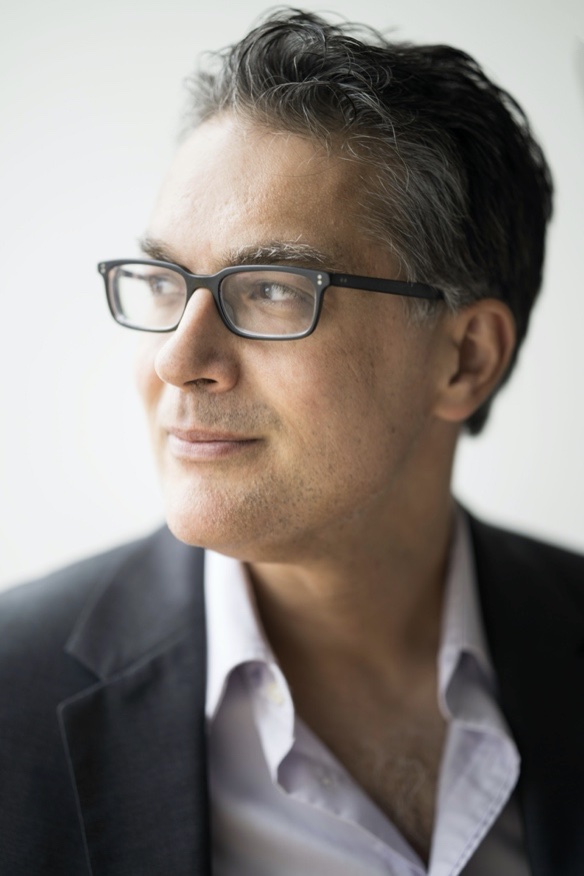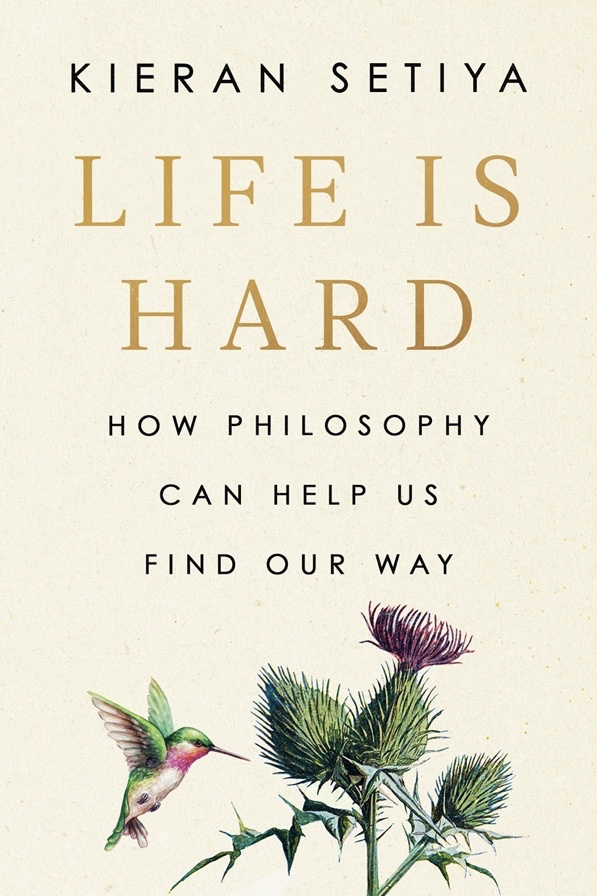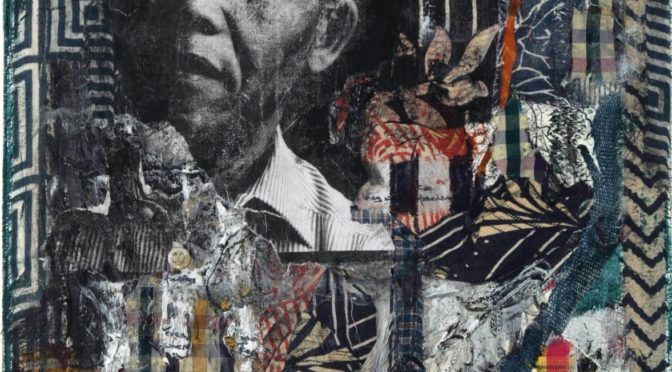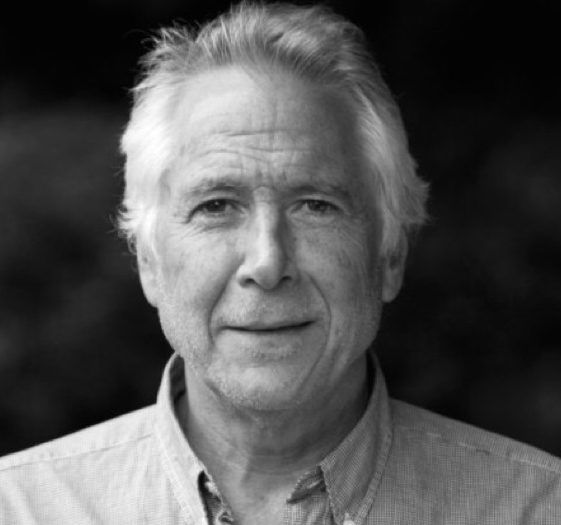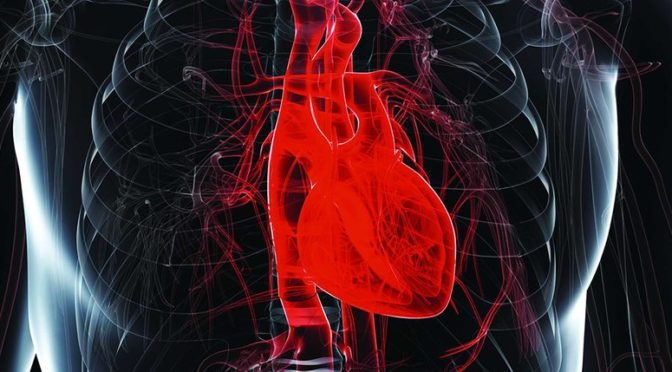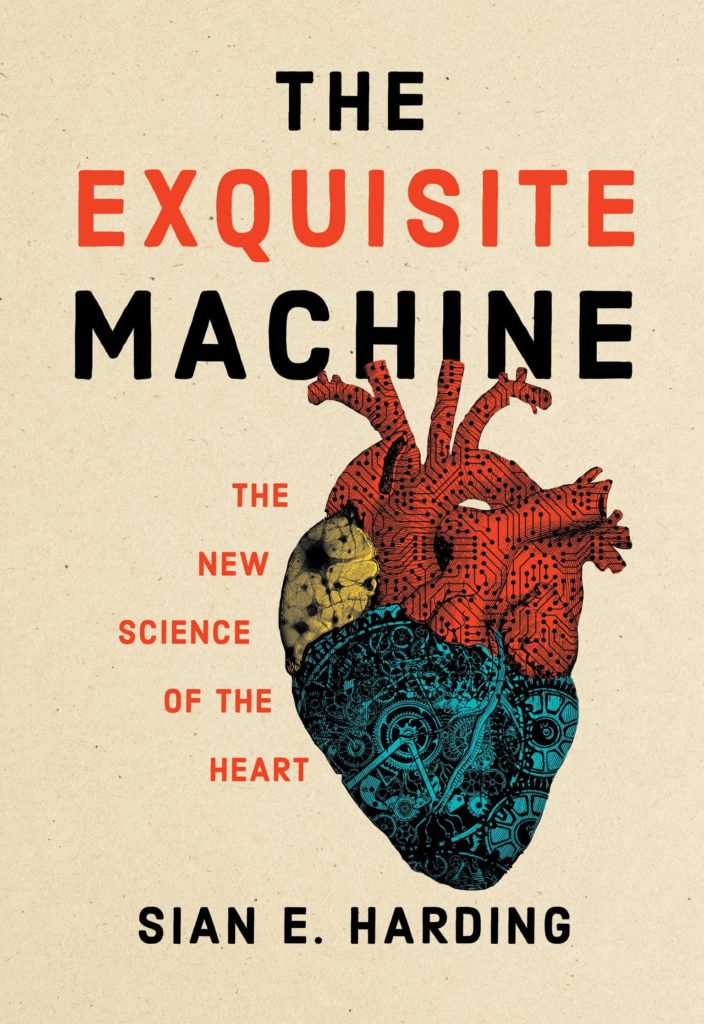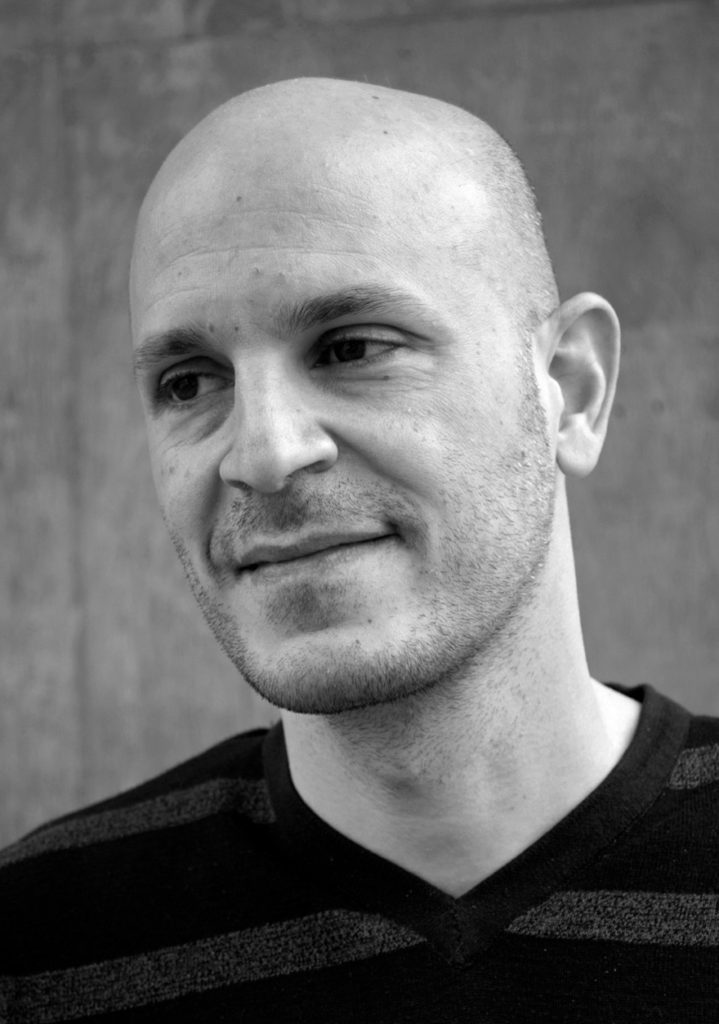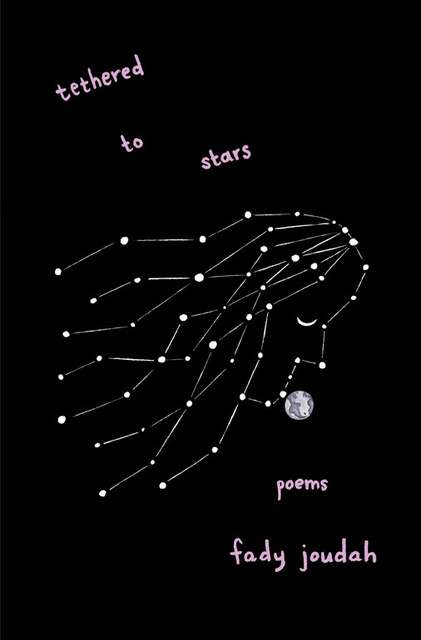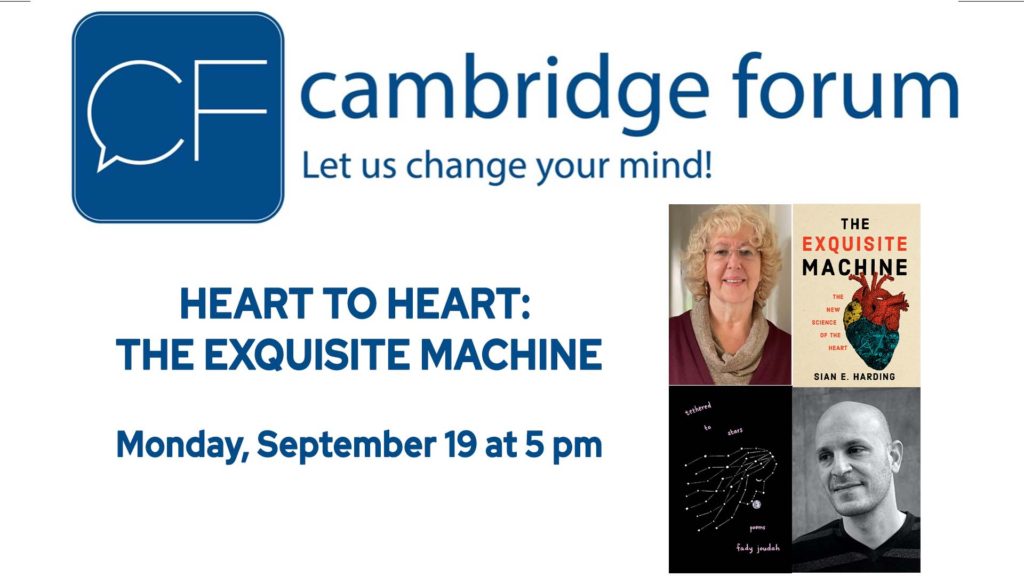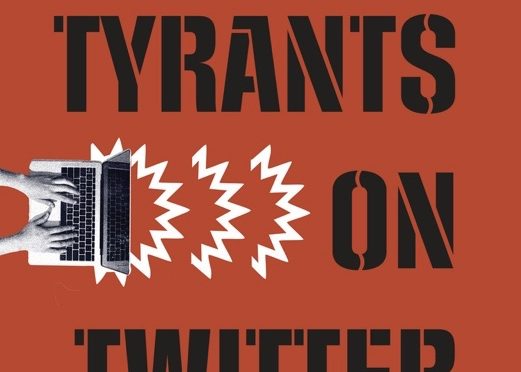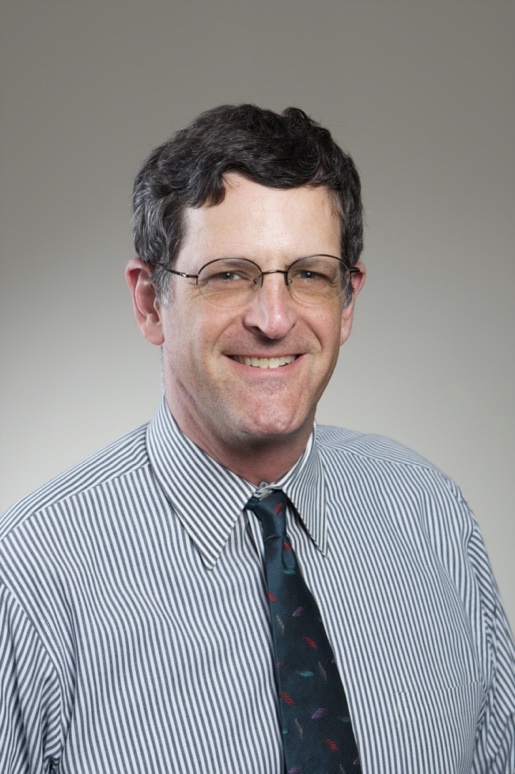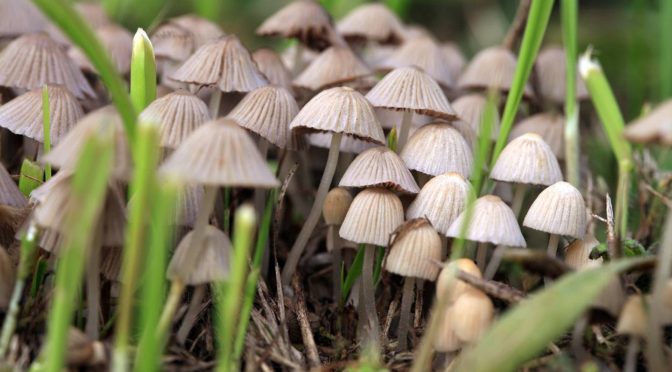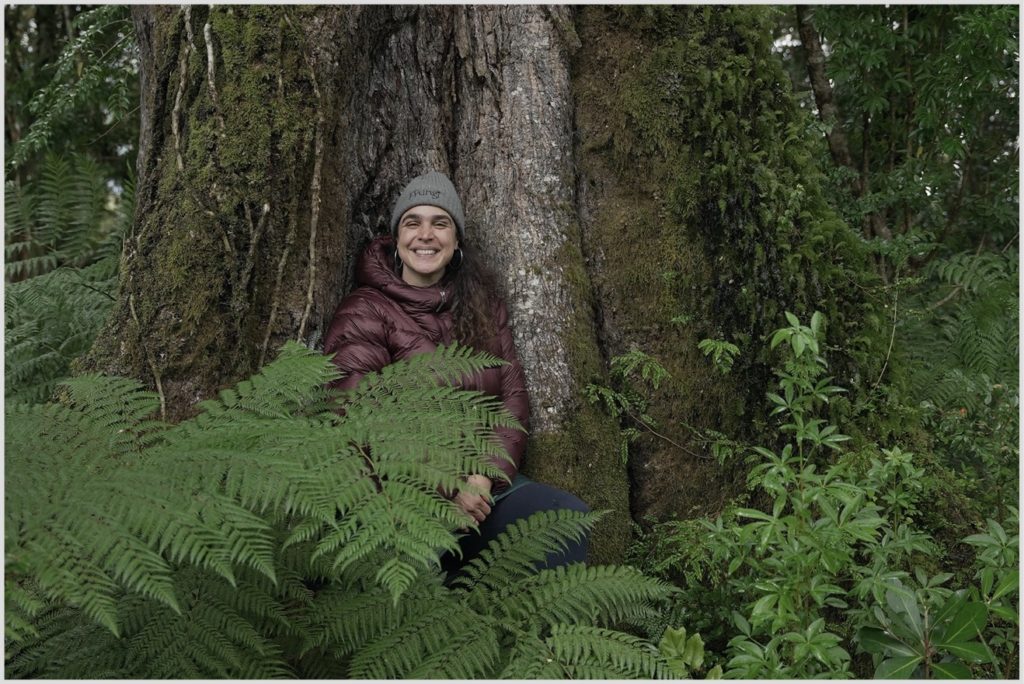Recorded 5/16/2023
What was Cambridge like back when it was called Newtowne and even before that? A new history book, ostensibly for kids, aims to paint a more multi-dimensional view of the area charting its cultural influences and history starting back 10,000 years ago, when indigenous people farmed, fished and built communities there. The Massachusett tribe were the first documented humans known to have lived on this land.
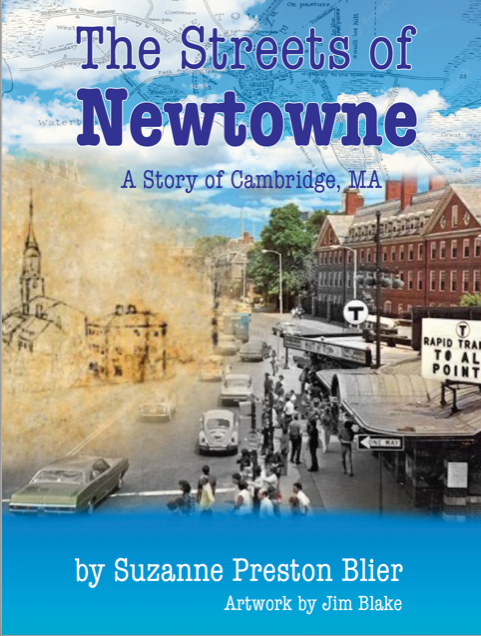
Art Historian Suzanne Preston Blier, Harvard Professor of Fine Arts and of African and African American Studies has just published “The Streets of Newtowne: A Story of Cambridge, MA.” Blier, a Cambridge civic activist, serves as President of the Harvard Square Neighborhood Association, a group she helped to found in 2017.
Joining her to help amplify our understanding of Newtowne’s diverse past are Nicola Williams, President of The Williams Agency, located in an historic building on Story Street. Once a boarding house run by former slave Harriet Jacobs, who self-published her book, Incidents in the Life of a Slave Girl Jacobs went on to become an abolitionist, activist and suffragette. Williams serves on the board of the Sustainable Business Network of Boston. Also Sage Carbone, Community Programs Director for the Fenway Community Development Corporation. Sage is a descendant of the Massachusett tribe and a resident of Cambridge, where she is active in the collective Cambridge City Growers which distributes thousands of seedlings to urban gardeners.
Resource link: History Cambridge: May 10 Indigenous Voices: A Conversation with Sage Carbone and Dr. David Shane Lowry
Augmenting the historical discussion will be Daniel Berger-Jones, in the guise of Ralph Waldo Emerson, who delivered his famous “American Scholar” address in the church in 1837. This speech was referred to as America’s “Intellectual Declaration of Independence” by Oliver Wendell Holmes.
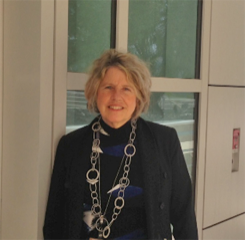
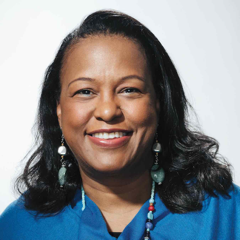
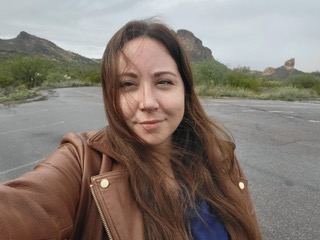
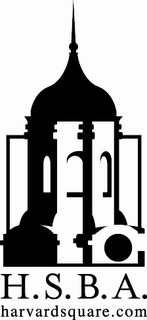
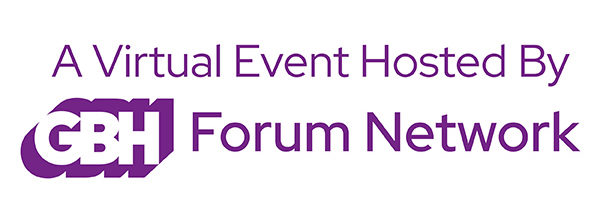
Support our mission to provide free an open discussions about the pertinent issues and ideas confronting us, in the world today. Express your appreciation for our work – just hit the button below.

